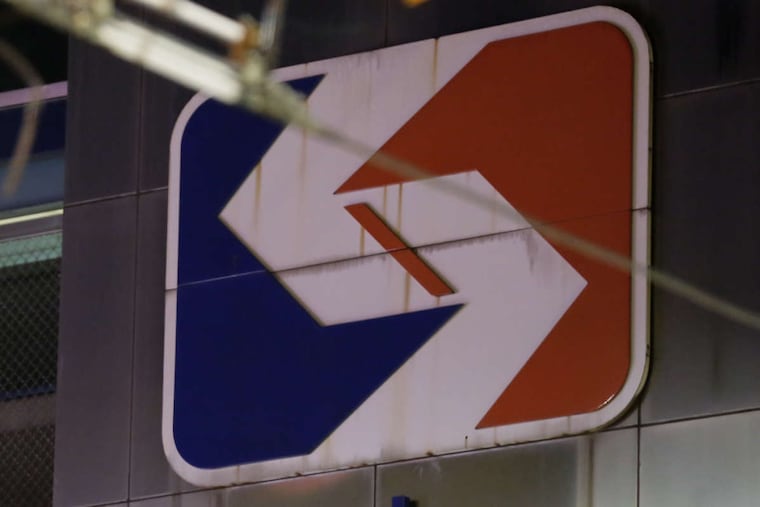Amid FBI probe, SEPTA shifts employee spending policy
The number of cardholders has been cut back, and spending limitations have been put in place, according to SEPTA.

Amid an ongoing federal investigation into alleged fraudulent spending, SEPTA has revamped its policy on who can use agency procurement cards and how much they can spend.
An internal review has led to changes in use of the procurement cards — credit cards used to make SEPTA-related purchases — including lowering spending limits and cutting back on the number of cardholders. The cards are central to the FBI probe, sources previously told The Inquirer.
As of the beginning of February, 69 employees remained active cardholders at the $1.5 billion agency, down from 103 over the summer. The monthly transaction limit had been slashed in August from $15,000 to $5,000, and daily limits were reduced from $4,000 to $2,000.
The FBI is investigating facilities managers who may have misused the cards, sources have told The Inquirer. The probe, first reported by PlanPhilly in July, has led officials to at least two businesses and is focused on fewer than a dozen SEPTA managers involved in alleged activities that have cost the agency hundreds of thousands of dollars, the sources said.
The agency’s wide-ranging review identified a lack of strong internal controls over procurement card spending, said a source with knowledge of the agency. The cards are meant for smaller emergency purchases and feature a SEPTA logo to differentiate from personal debit or credit cards. The procurement cards are to be used only by designated employees whose names appear on the cards.
SEPTA is declining to comment further because of the ongoing FBI investigation and did not confirm that the procurement card policy changes were prompted by the investigation.
The policy update didn’t result in anyone getting fired, said Andrew Busch, SEPTA spokesperson. He did not know whether cards were being frequently maxed out, but said the review determined the balances could be lower. The monthly limit did not carry over, he said.
“Even in a situation where somebody needs a substantial piece of equipment or a tool, that does give them enough room for that,” Busch said.
Toward the end of August, SEPTA reduced its credit line with TD Bank for the cards from $1.2 million to $700,000 and saw further reduction to $250,000 in November. In September, monthly procurement card spending totaled $110,845, seeing incrementally decreases until reaching $4,636 in December.
Busch could not comment on whether the review had found misuse that led to changes.
“We have a strong internal audit ongoing review process, and it was through that process that led us to make these changes to procurement card policy,” he said.
Since late summer, more than 100 SEPTA employees finished refresher training on procurement card use.
The card updates came in tandem with the expanded use of broad contracts that would streamline the purchase of commonly needed items such as welding, electrical and plumbing supplies in an effort to offset the need for procurement cards, with 50% of the contracts now in place, according to SEPTA.
“What we’ve done is gone back and reviewed internal policies, and this is, just to be clear, this is not something that’s specific to an investigation, but our own efforts to continually look at our internal policies, look for things that can be improved, ways that we can improve efficiencies," Busch said.